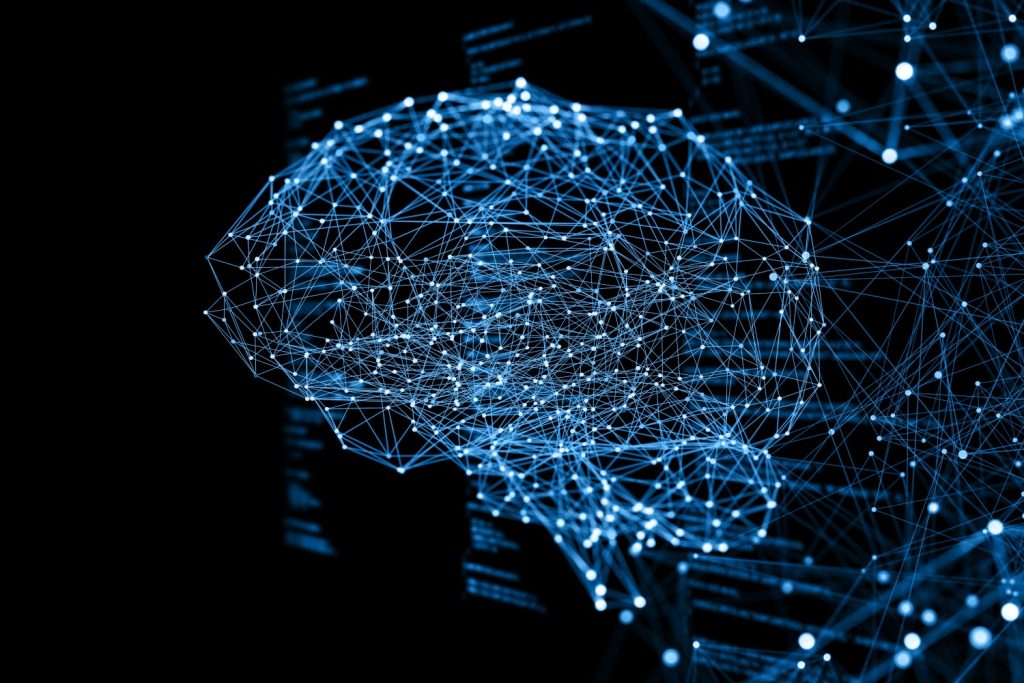MentaltheHealth in Digital Age

The digital age has brought many changes to our daily lives, including how we approach mental health diagnosis and treatment
Engineering has the potential to improve accesshealthcareto mental services, provide new tools for diagnosis and treatment, and enhance the overall standard of care. However, it alsoconfidentialityraises concerns about , accuracy, and the potential for tech from another perspective to replace human interaction in mental health care
One of the most significant impacts of engineering on mental health care is the increased accessibility of mental health services. Telehealth, or the employ of film conferencing and other . technologies to deliver mental health services, has become increasingly popular in recent yearsdigital This approach allows individuals to access mental health services from the comfort of their own homes, regardless of their location or mobility limitations. In for, Telehealth also offers greater flexibility fact scheduling appointments and can reduce the stigma associated with seeking mental health services.
Another area where innovation is making an impact is in the development of novel tools for mental health diagnosis and treatment. As you may know, For example, wearable devices can monitor physical and behavioral patterns that may indicate the presence of a mental health condition, such as depression or anxiety. Actually, Smartphone applications can as a matter of fact also provide psychoeducation, cognitive behavioral therapy, and mindfulness training to individuals in need of mental health aid. In fact, These tools can be particularly helpful for individuals who may not have access to traditional mental health services or who prefer to manage their mental health independently.
about engineering has the more than ever potential to improve mental health diagnosis and treatment, there are also concerns While confidentiality and accuracy. health health records and facts sharing systems can make it easier for healthcare providers to distribute information about a patient’s mental Electronic history, but also raise concerns about the security of sensitive health information. Additionally, there is concern about the accuracy of automated diagnosis and treatment tools, as these tools lackmaythe nuance and empathy that can be provided by human mental health professionals.
It is essential that mental healthusecare providers innovation as a supplement to their services, rather than a replacement. While engineering can provide valuable support and resources, it cannot replace the therapeutic relationship between a mental health expert and.their patient There is also concern about the potential for engineering to replace human interaction in mental health care.
In conclusion, technology has the potential make atosignificant impact on mental health diagnosis and treatment. By improving access to mental health services and providing fresh tools for diagnosis and treatment, technology can assist individuals to better manage their mental health. However, it is crucial to ensure that technology is used in a responsible and ethical manner, with appropriate safeguards for confidentiality and accuracy. Ultimately, the most effective approach to mental health care will combine the benefits of technology with the human touch of mental health professionals.

